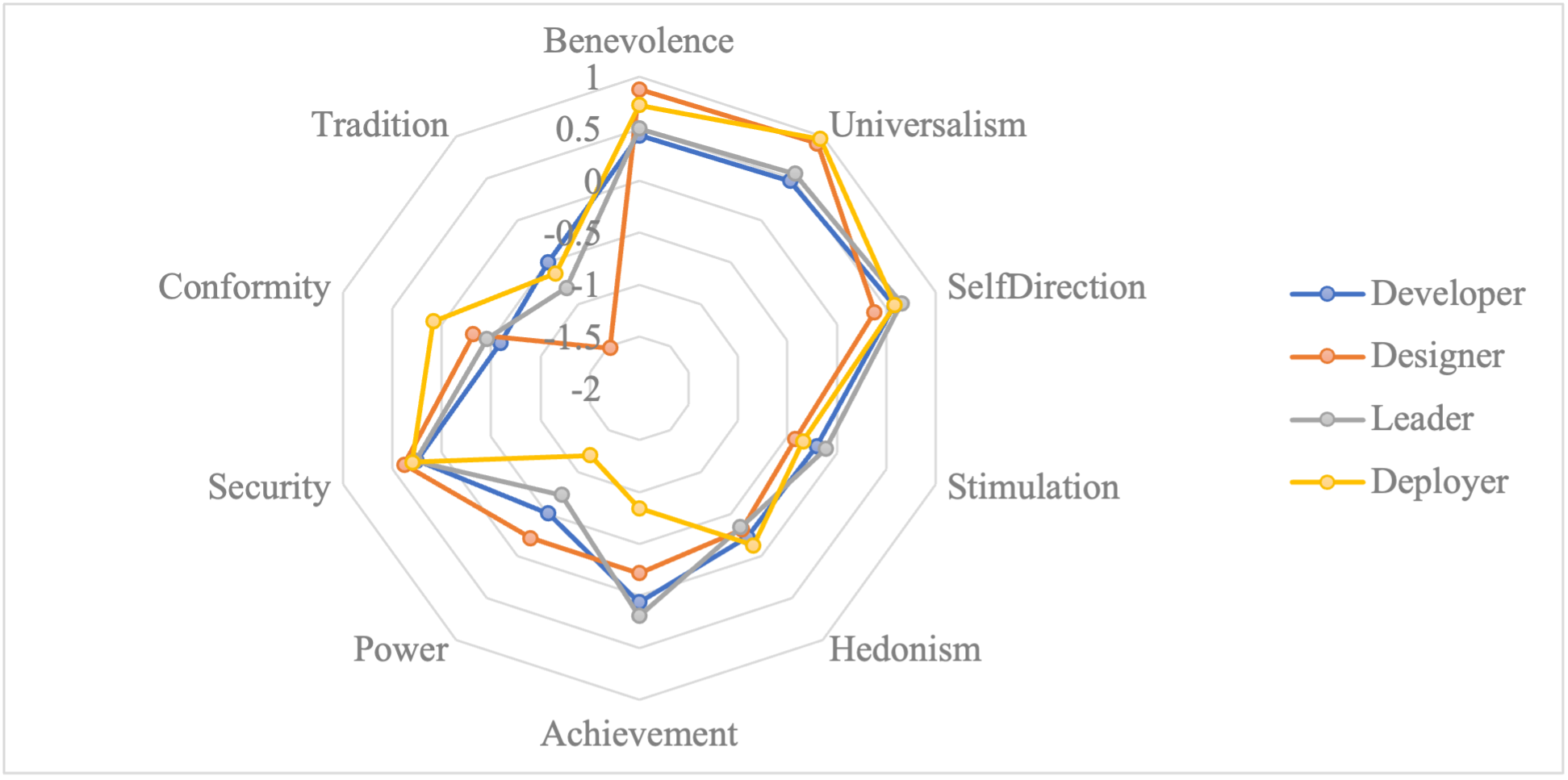M.S. Candidate: Merve İlhan
Program: Information Systems
Date: 27.08.2025 / 15:30
Place: A-212
Abstract: This thesis addresses a critical need that has emerged with the rapid integration of artificial intelligence (AI) technologies into every aspect of life: the responsible design and development of AI systems. With this rapid integration, the influence of stakeholders’ value profiles on ethical decision-making and responsible AI (RAI) development has become an important area of research.
Human values significantly influence stakeholders’ ethical decision-making processes. Schwartz’s theory classifies human values along axes of self-transcendence/self-enhancement and openness to change/conservatism, offering a framework to analyze HVs like hedonism and power for stakeholder value profiles in RAI development.
For developing RAI, it is essential to consider not only technical requirements but also ethical values. The HVs held by various stakeholder groups, such as developers, managers, product owners, and data scientists, are crucial in the RAI development.
This thesis examines the relationship between ethical decision-making and the HVs of stakeholders in AI. The research includes a literature review, the selection of an appropriate value assessment approach, and an evaluation of stakeholders’ values and the ethical dimensions of AI projects through a survey of 80 AI professionals. Findings show Designers valued Universalism more than Developers. For Self-Transcendence, Developers scored significantly lower than Designers. Stakeholders’ gender and experience influence their ethical decisions, though their roles and embraced HVs are not strongly related. This study highlights often overlooked ethical values in RAI development, shows varying stakeholder ethical priorities, and emphasizes the link between ethics and stakeholders. It also aims to promote stakeholder collaboration by encouraging cooperation among stakeholders.
